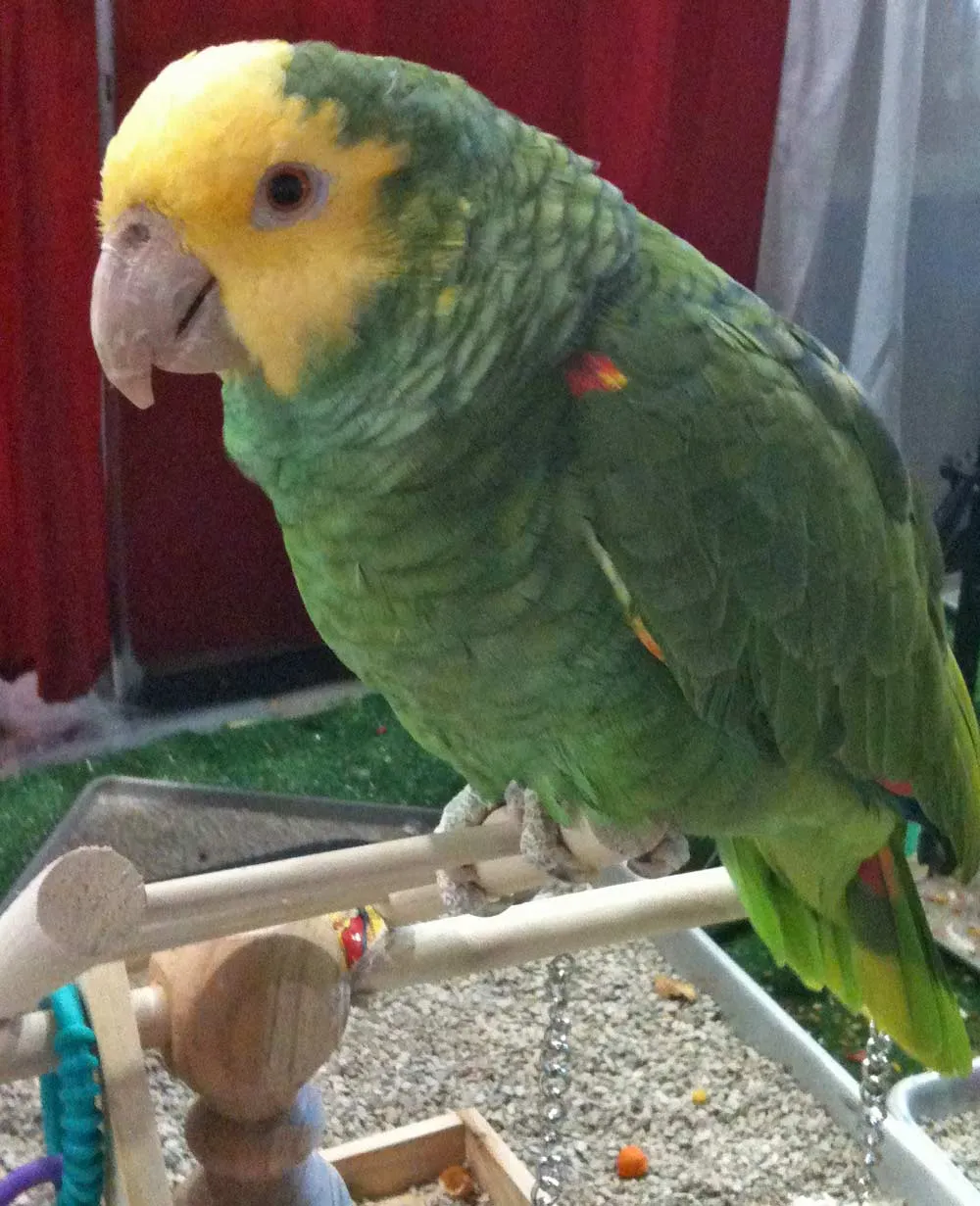Welcoming a pet bird into your home brings joy, but one of the most common questions is: what is the best food for your pet bird? Beyond basic birdseed or pellets, a balanced avian diet supports vibrant feathers, strong immunity, and a cheerful disposition for parrots, finches, canaries, and more. In the wild, birds forage a diverse range of seeds, fruits, nuts, and insects, adapting to seasonal changes. At home, replicating this variety ensures your feathered friend thrives. Drawing from avian veterinary recommendations, this guide outlines a nutritious base diet, fresh additions, and treats to keep your bird healthy and happy. Proper nutrition can extend lifespan and prevent common issues like infections or dull plumage.
For more insights into keeping birds content, check out our article on bird nesting behavior.
Building a Balanced Base Diet for Pet Birds
The foundation of the best food for your pet bird is a nutritionally complete base diet offered daily. Wild birds consume an array of natural foods, but captive birds rely on what’s provided, making quality crucial. Poor nutrition weakens the immune system, leading to illnesses, while a superior diet promotes glossy feathers, energy, and longevity. Avian experts emphasize that the base—about 70-80% of intake—should mimic nature with whole, non-GMO ingredients.
Premium formulated foods like Nutri-Berries, Avi-Cakes, Pellet-Berries, or Premium Daily Diet Pellets stand out as ideal bases. These are enriched with vitamins, minerals, omega fatty acids, and foraging elements that stimulate natural behaviors vital for mental health. Offer them fresh each morning when birds are hungriest; small species with fast metabolisms eat throughout the day, so refill bowls as needed. According to the Association of Avian Veterinarians (AAV), such diets provide complete nutrition, reducing deficiency risks.
 Amazon parrot
Amazon parrot
Seeds vs. Pellets: Finding the Right Mix
New bird owners often debate seeds versus pellets in the quest for the best food for your pet bird. Both have merits—seeds offer natural appeal and fats, while pellets deliver balanced proteins and nutrients. The solution? Hybrid products combining both, plus dried fruits and veggies, for optimal variety.
These formulations encourage foraging, essential for parrots prone to boredom-related behaviors. Enriched with omega-3s, they support skin health and feather quality. Studies from avian nutritionists show birds on such diets exhibit better overall vitality compared to seed-only regimens.
Explore related health tips in our guide to budgies loose motion medicine.
Fresh Fruits and Vegetables: Nutritious Daily Snacks
Complement the base with fresh produce—10-20% of the diet—for antioxidants and hydration. Dark leafy greens and orange veggies pack vitamins A and C. Experiment with presentations (chopped, grated) for picky eaters; persistence pays off as curiosity grows.
Rinse thoroughly and use organic where possible; discard uneaten portions after 2-4 hours to prevent spoilage. Safe options include:
Fruits:
- Apples, bananas, blueberries
- Kiwi, mango, papaya
- Strawberries, pomegranate
Vegetables:
- Broccoli, carrots, kale
- Sweet potatoes, spinach, zucchini
- Cooked beans (chickpeas, lentils)
Avoid: Avocado (toxic), iceberg lettuce or celery (low nutrition).
Veterinarians like those at the AAV endorse this approach for disease prevention.
Dietary Supplements and Special Needs
For seed-dependent “junkies,” molting birds, or those under stress (e.g., new homes), supplements bridge gaps. However, complete diets like those mentioned minimize needs. Consult an avian vet before starting—over-supplementation risks toxicity.
Powdered vitamins in water (changed twice daily) or occasional boosts suit breeding or recovering birds. Real-world experience from breeders shows these maintain peak condition during vulnerable periods.
Homemade Recipes: Fun and Nutritious Meals
Birds adore cooked meals! Simple recipes using base foods aid weaning or molting.
Nutri-Berry Yummies
Mix cornbread batter with crushed Nutri-Berries, bake into muffins. Birds forage berries from the crumbly texture—freeze extras for convenience.
Pan Avi-Cakes
Add broken Avi-Cakes to pancake batter; cook and serve warm. Whole-wheat mixes enhance nutrition.
These treats foster bonding and variety.
For housing ideas that complement good nutrition, see huge bird cage.
Healthy Snacks to Keep Things Exciting
Snacks should be no more than 10% of the diet: Popcorn Nutri-Berry Treats, plain rice cakes, or unsalted whole-wheat crackers. Avoid human junk food high in salt or sugar.
Learn about popular pet options in house birds.
Conclusion: Nourish Your Bird for a Long, Happy Life
Providing the best food for your pet bird means a balanced base of pellets and seeds, fresh fruits/veggies, occasional supplements, and fun recipes. This holistic approach boosts immunity, feathers, and mood, as backed by avian experts. Monitor preferences and consult a vet for tailored advice—regular check-ups catch issues early.
Ready to shop or learn more? Explore birds for sale near me by owner and start your bird’s optimal diet today!
References
- Association of Avian Veterinarians (AAV): Guidelines on Avian Nutrition
- Lafeber Company: Product Nutrition Profiles
- Peer-reviewed studies on parrot foraging behavior (Journal of Avian Medicine and Surgery)
